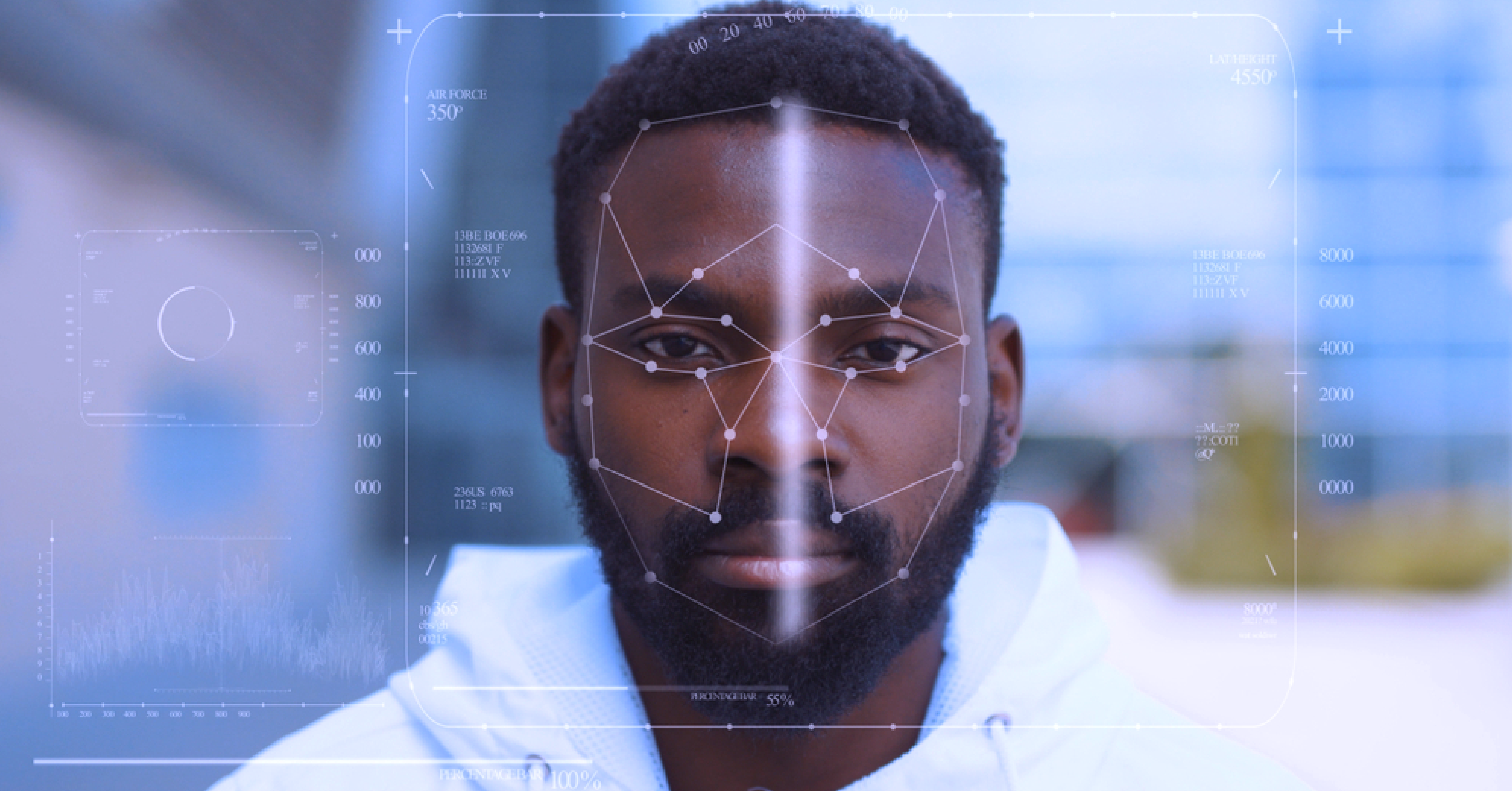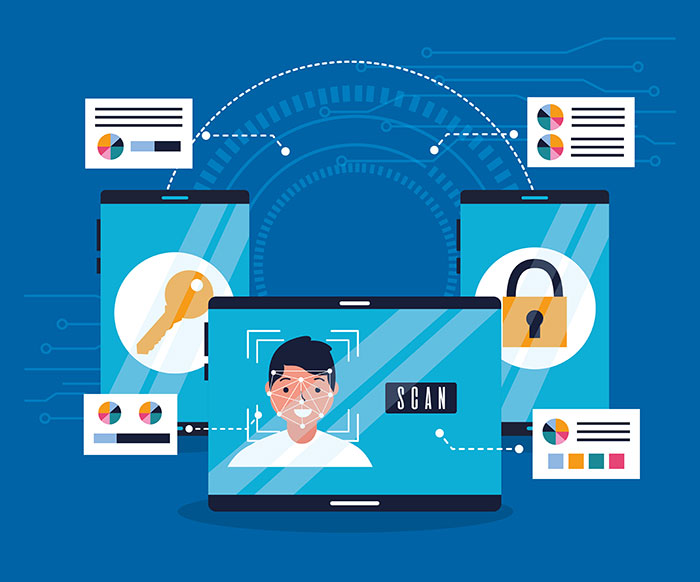“Imagine me, a middle-aged woman having a young, handsome Nigerian guy sending me messages that he loves me and wants to marry me. That is just absurd, and I wonder how people fall for these things… well, I did.”
You could tell by the expression of disappointment on *Mrs. Jane’s face as she sobs and shares her ordeal with the internet fraudsters while investigating her case. Like her, several people have had their life savings fall into the hands of unknown scammers who preyed on their vulnerability, gained access to their trust, and conned them out of their money.
Cybercrime has prevailed for a long time simply because anyone involved could sit behind computers and bypass security measures with fake identities.
In another space, ghost employees feigned identities and went on with payroll fraud in the public service; this was the constant outcry of the Nigerian government for a long time, with over seven percent of those audited found guilty of drawing multiple salaries with fictitious names; apart from these local incidents, Nigerians have been indicted of identity theft in the diaspora, which influenced the rate at which other Nigerians were being prejudiced in the diaspora.
With other African countries being spotlighted for similar condemning records, Nigeria and the rest of Africa have turned to biometric enrolment as a key weapon in Africa’s fightback against cybercrime and similar offences.
How National Identity Enrolment is Eliminating Cybercrime
In Nigeria, before the national identity management program launch, the country could not boast of a central identity repository to sustain the secure and reliable accreditation of each adult citizen.
However, with the efforts of the state’s Identity Management Commission (NIMC), Nigeria has enforced a fully functional database that aims to connect every citizen to a valid means of identification through a unique number called the National Identification Number (NIN).
With over seventy-three million NIN issued already after the capture of the registrants’ personal information, including their faces and the collection of their fingerprints, the Minister of Communication, Isa Pantami, believes the initiative has been able to reduce the rate at which identity theft and other criminal activities prevailed. Cybercriminals can now be identified easily if any of their personal information leaks in the process.
To ensure this initiative fulfils its purpose and citizens in remote locations get to participate actively, NIMC introduced a user-friendly Android Enrolment Solution to enable citizens to register themselves through their Android devices and bypass any logistic challenges.
To further check every crucial sector, the NIMC Act now requires every service provider to request and accept the NIN as an identifier or basic identity for all citizens and legal residents before providing them with services and social benefits. This means any individual or platform enrolled on this accessible database has no cover immediately any fraudulent activity gets linked to their registered information.
The easiest way to think of this solution is what Mrs *Jane would do if she had received the declaration of love from her Nigerian admirer. She would have simply asked him for his NIN and would have known very quickly that it was a scam. If he were legitimate, then he would fully declare his identity.
Nigeria’s drive towards ensuring that her entire population (home and abroad) gets registered biometrically into the National Identity Enrolment scheme should be applauded. Aside from the obvious benefits of building a digital economy, it’s on course to eliminate cybercrime, locally and globally, which is one of the highest priorities within the program.
Our Role as a Proactive Brand
Seamfix is proud to have played a major role in this scheme by providing government agencies around Africa with technological solutions like the Android Enrolment Solution that has enabled millions of citizens to digitally enrol their identities into the national database through their Android smartphones.
Globally, we are on the path to fostering international trust with our identity verification solution, https://Verified.Adfrica, which has helped African businesses verify millions of identities for easy and secure access to their products and services.
With Verified.Africa, businesses and individuals in the diaspora can now successfully verify the identities of Africans before dealing with them to ensure trust and compliance.
Get in touch today to discuss how we can help you.
*The asterisked name is fictional; hence has no direct link to any person.








